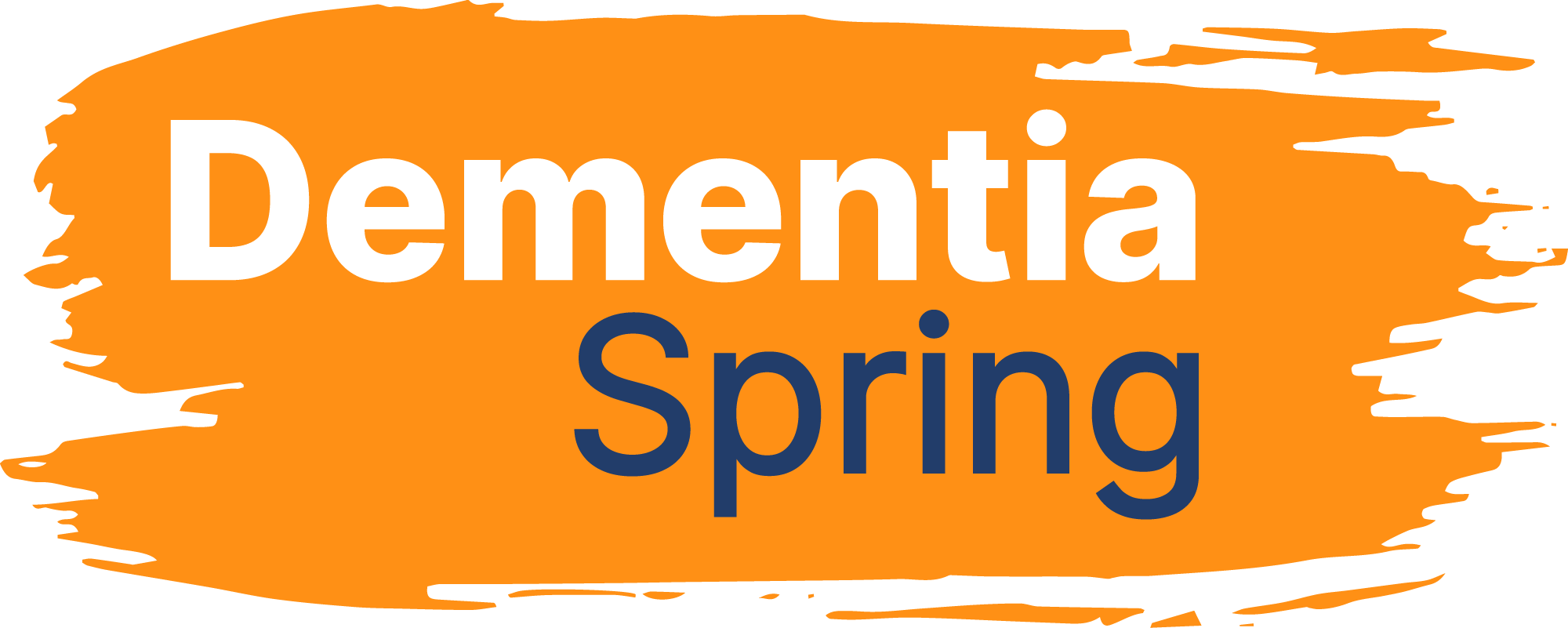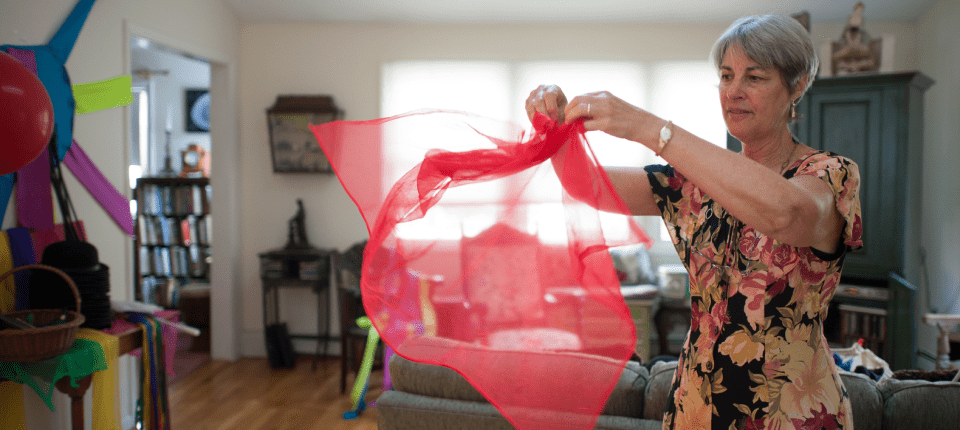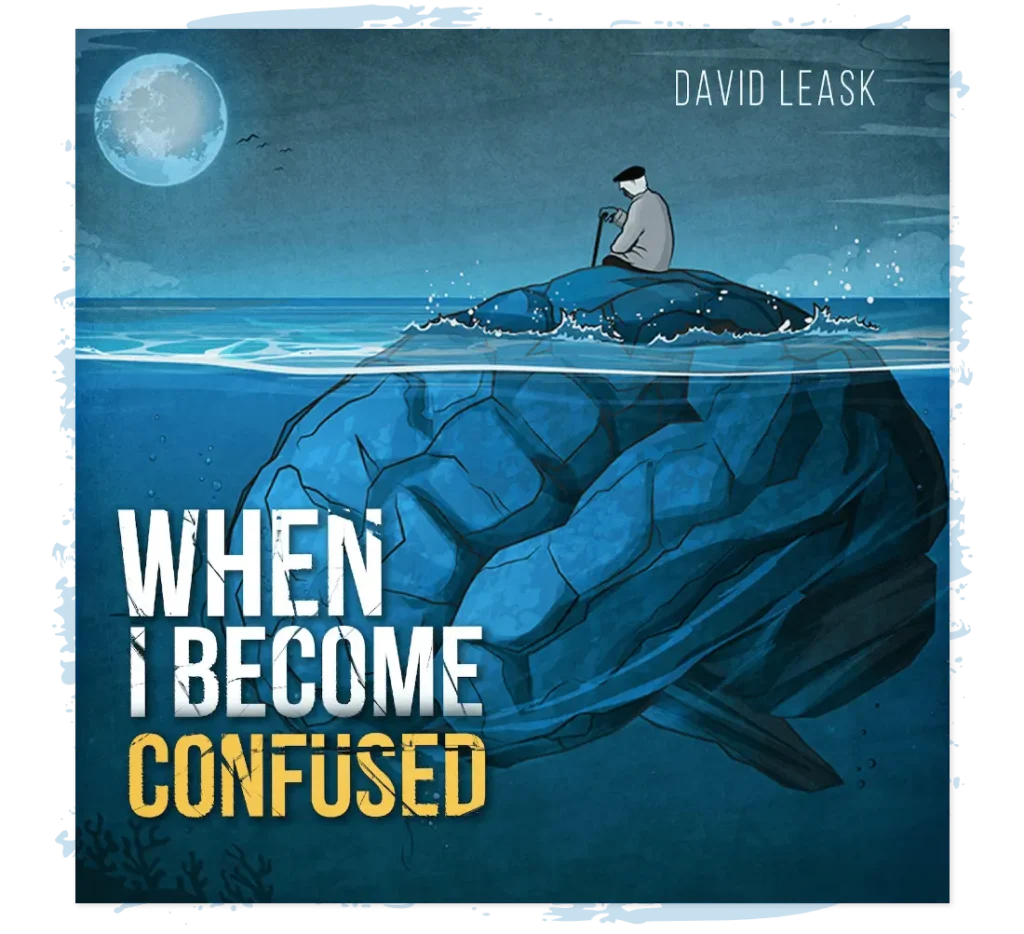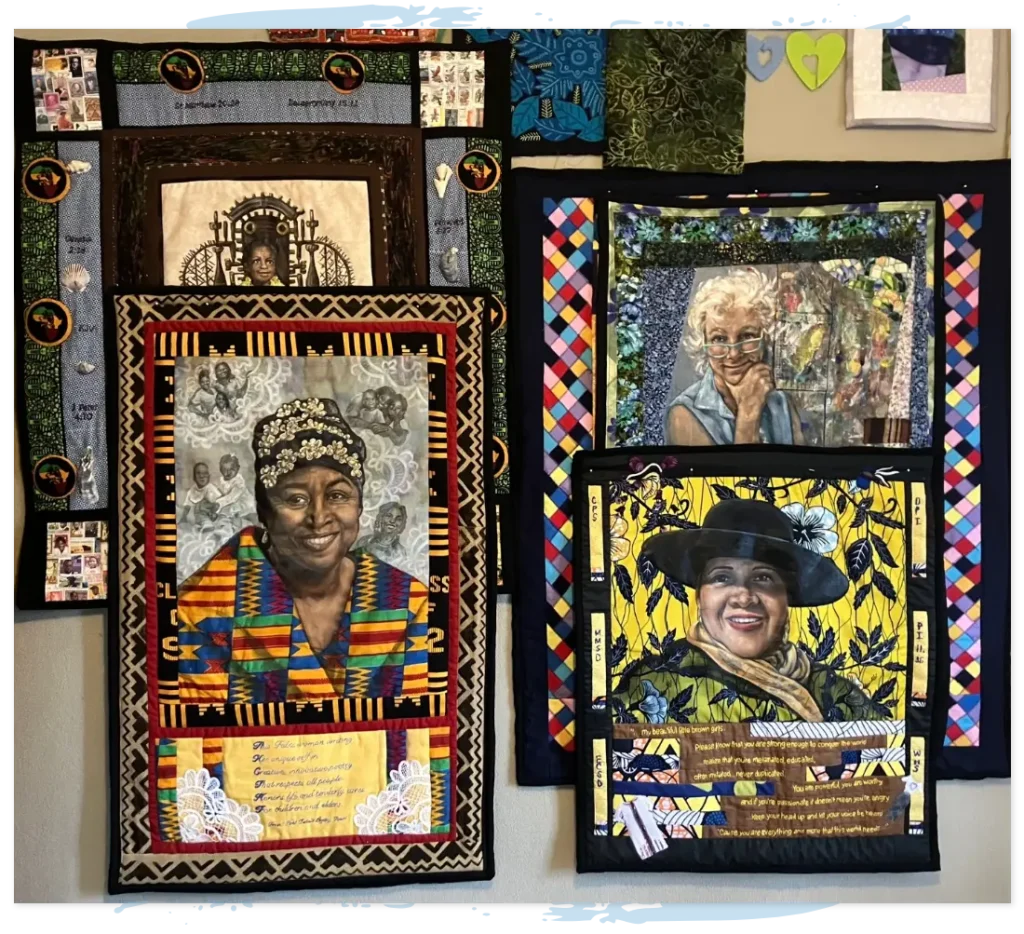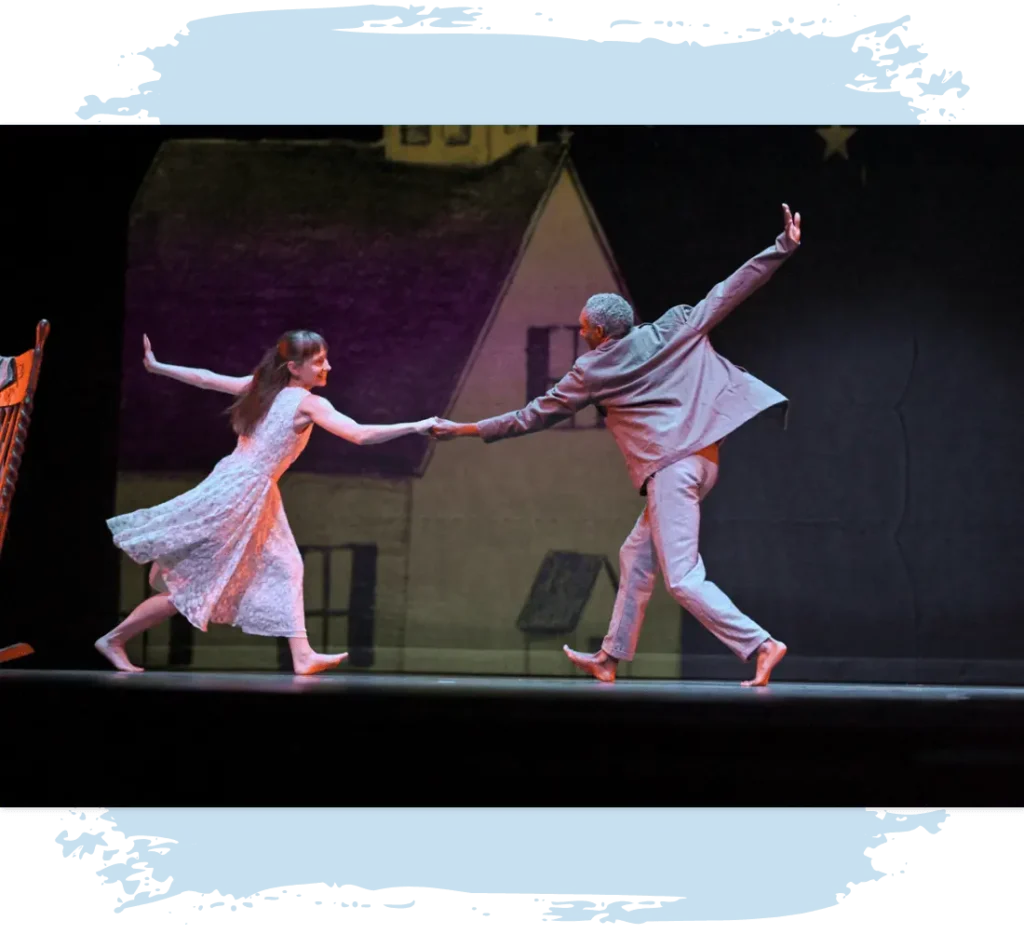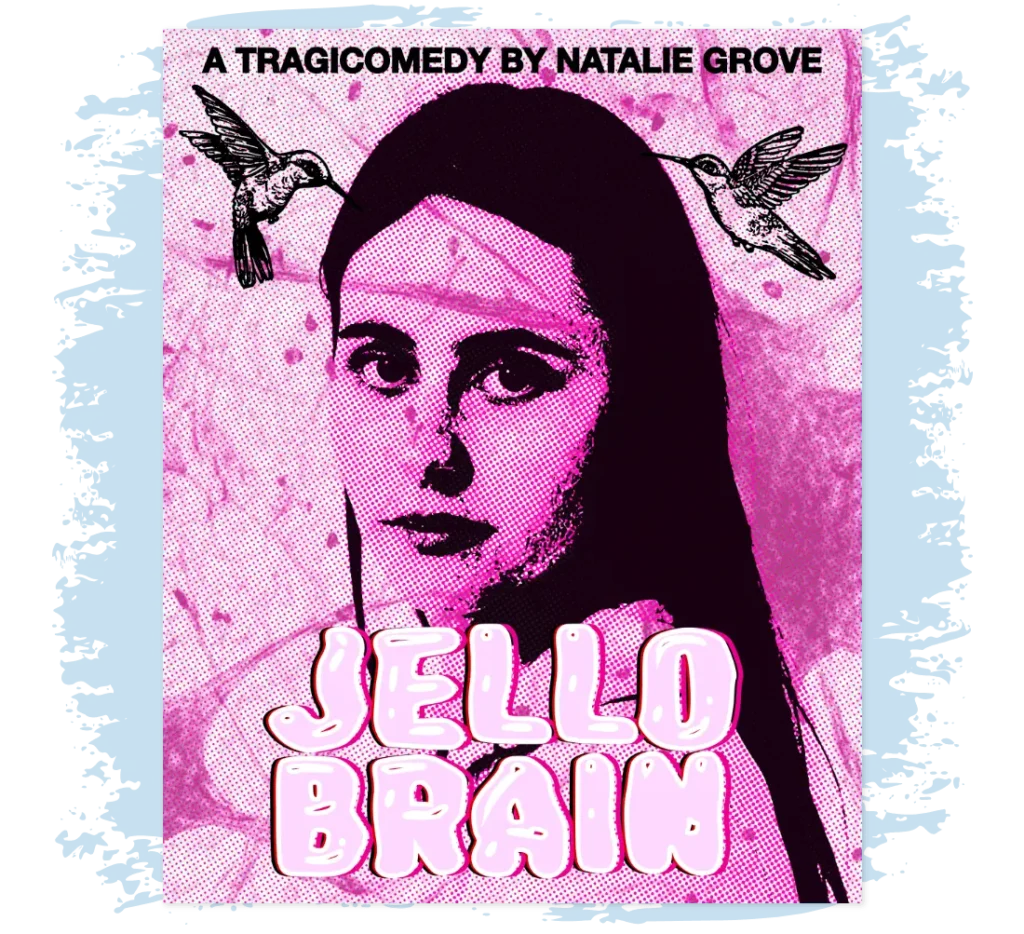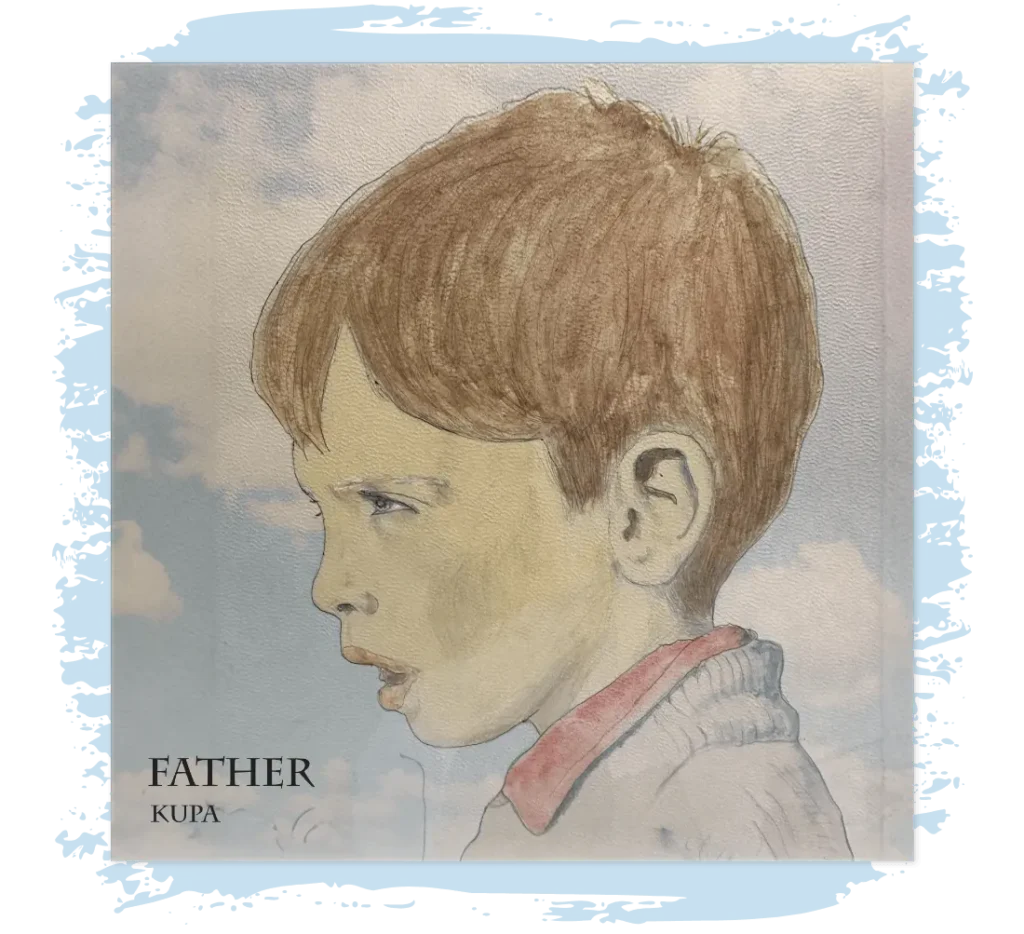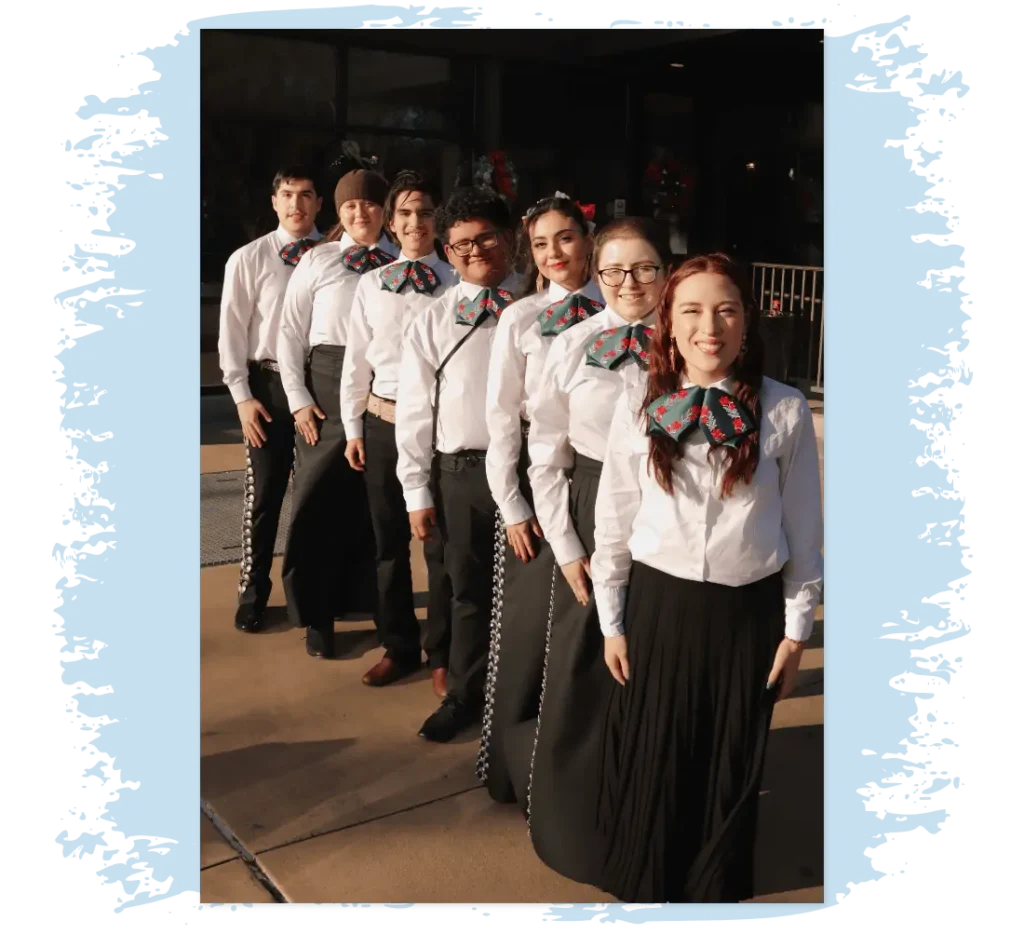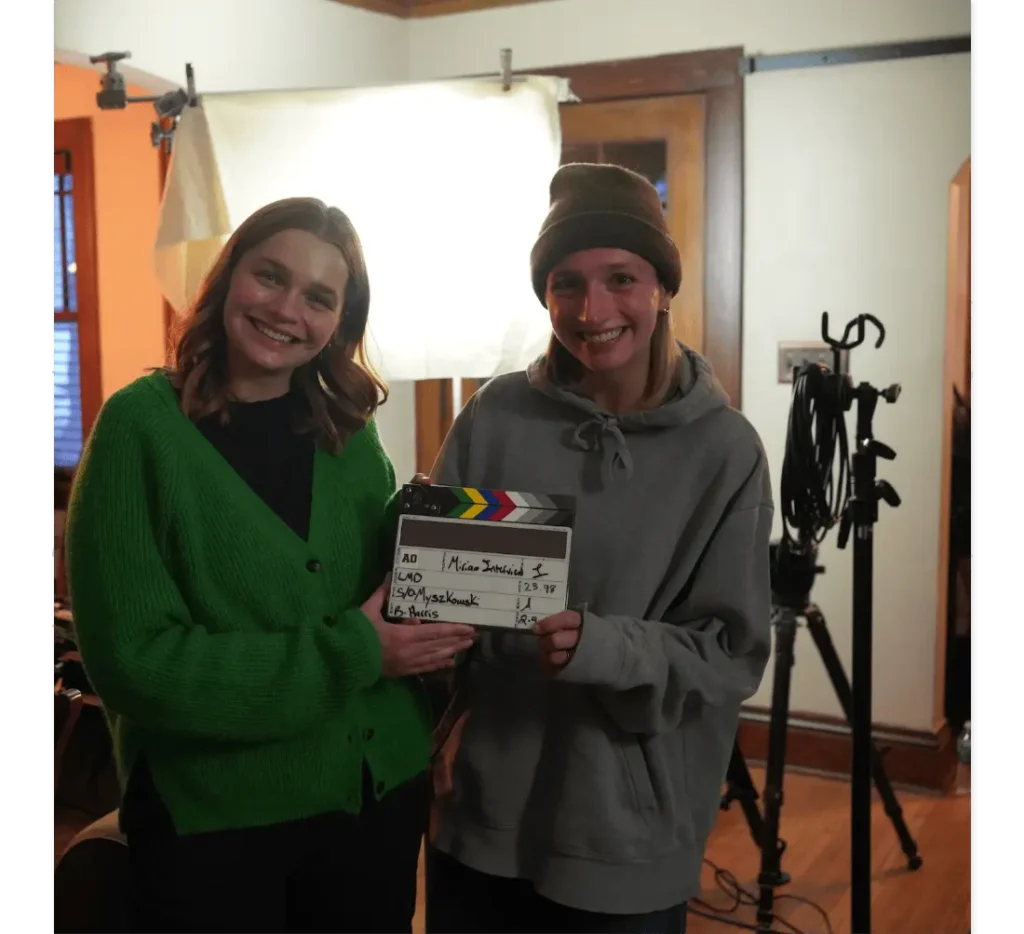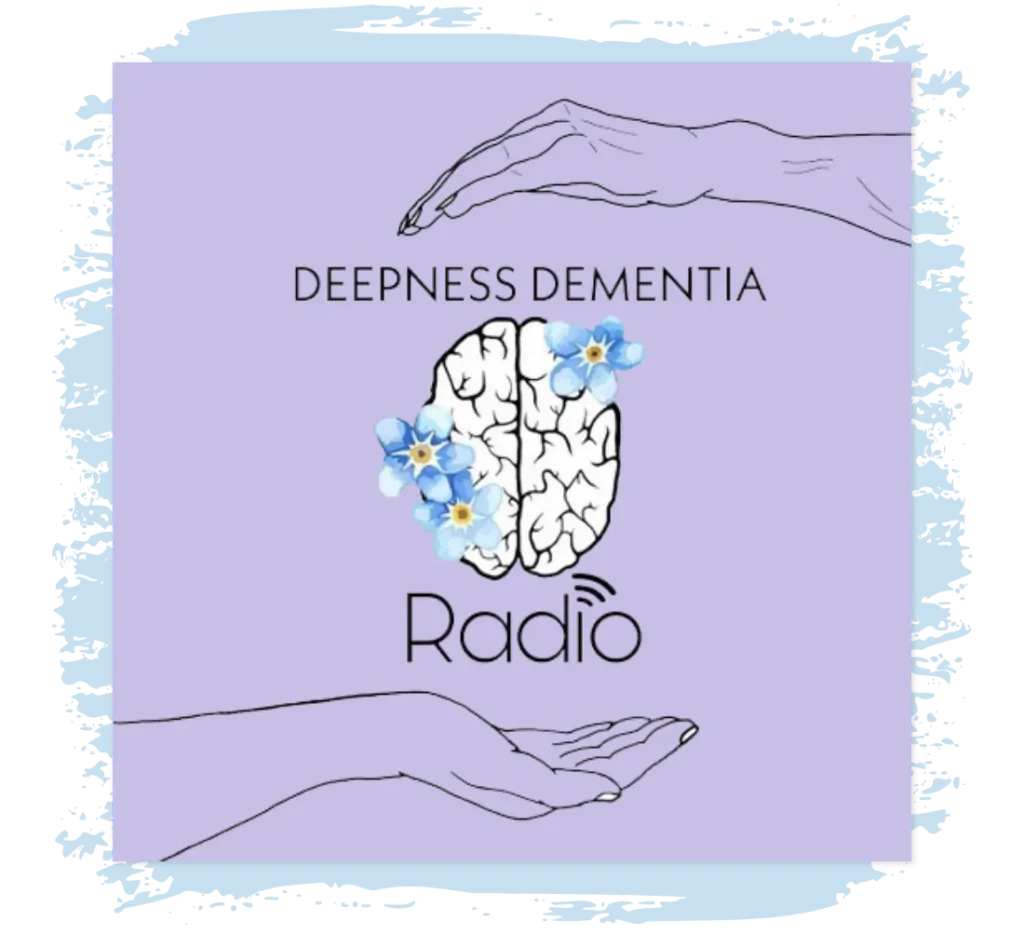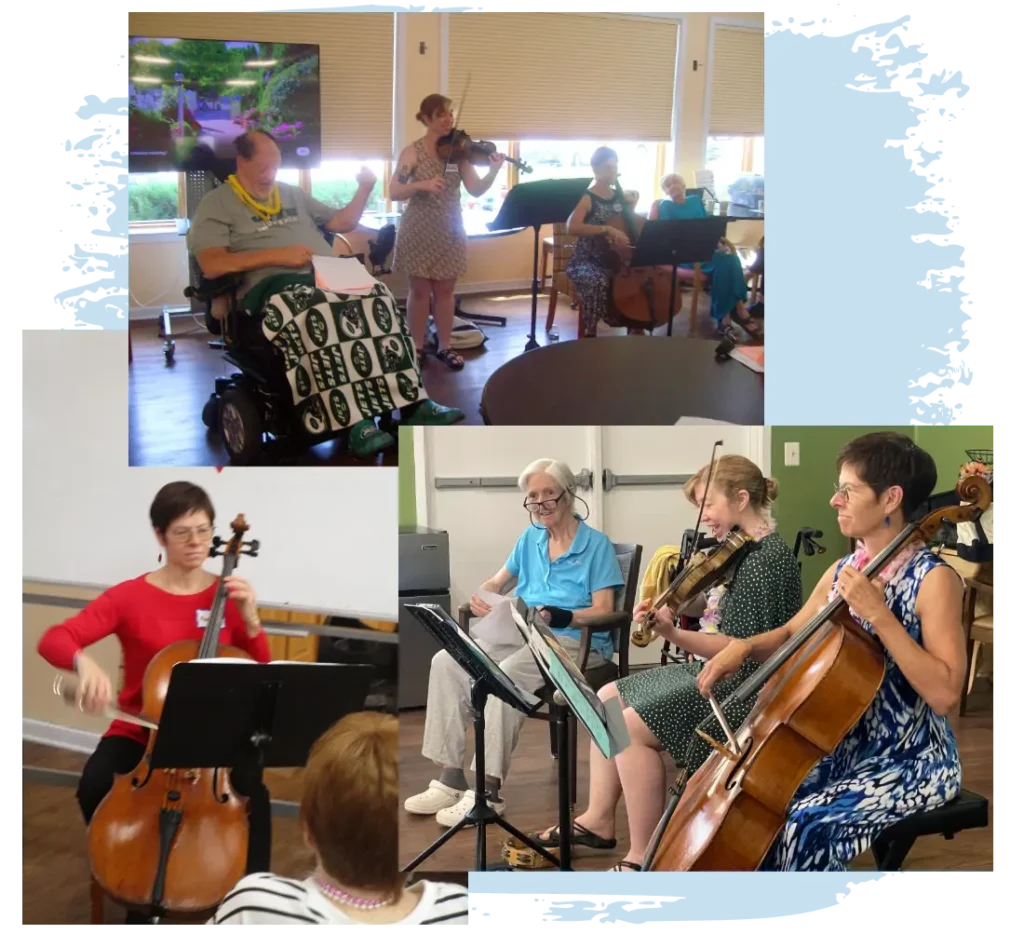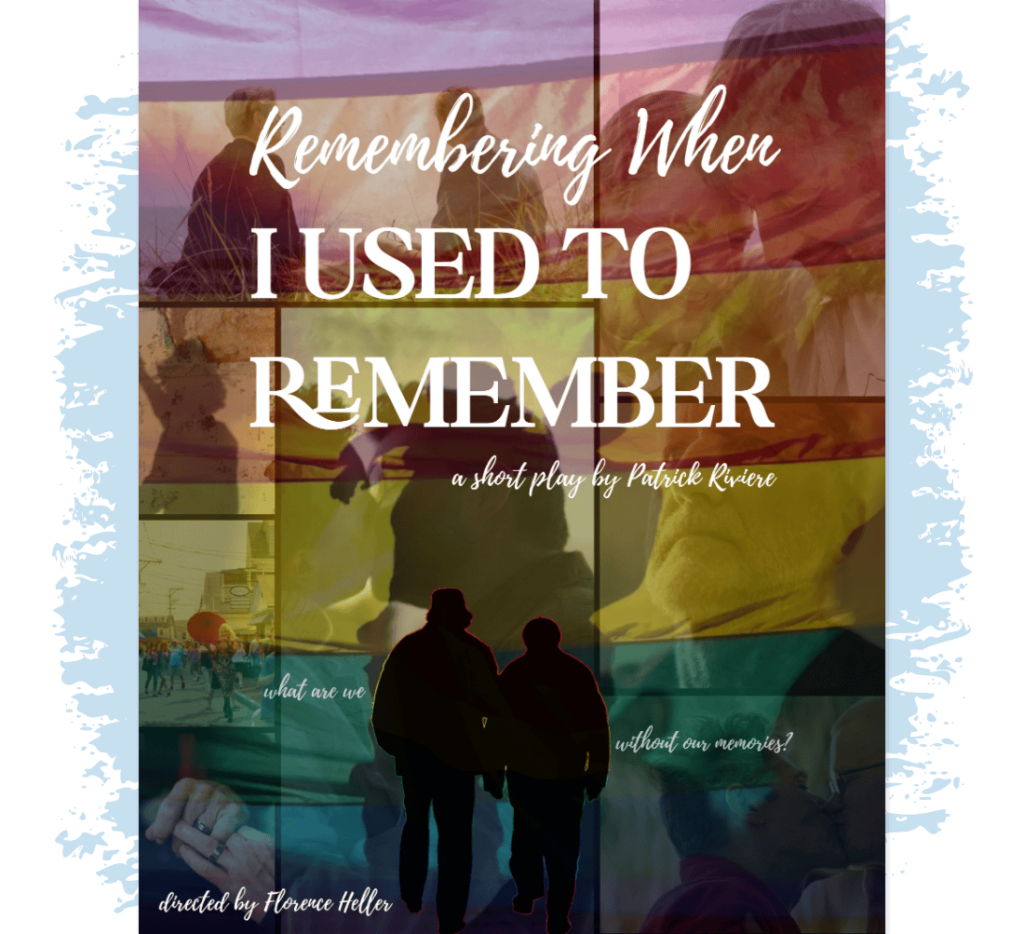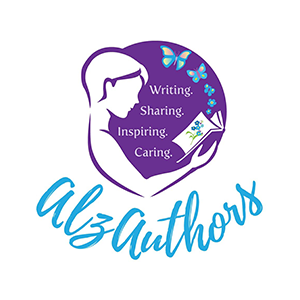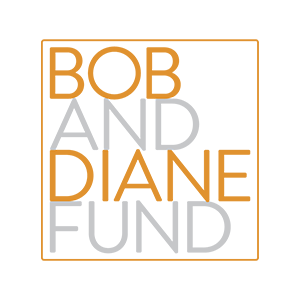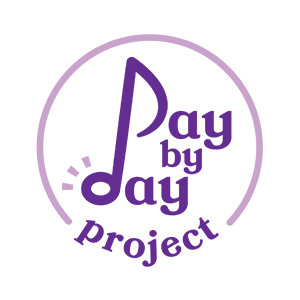Donna Newman-Bluestein is a dance therapist and founder of Dance for Connection. She is an expert in facilitating a comfortable environment for expression, especially for those living with dementia. Her passion and enthusiasm for her work is contagious and it is clear she sparks joy in the individuals she works with.
Donna offers her programs in a variety of settings – within residential care, in local community centers, and even virtually. Not only does a dance session with Donna promote physical engagement, it also encourages emotional expression, community building and gives a glimmer into the unique ways an individual can communicate nonverbally.
Unlike other physical fitness classes, Dance for Connection’s dance therapy sessions foster interactions between participants. Whether it’s mirroring her movements, bopping a balloon around to one another, or using Donna’s invention (the Octaband), participants are highly encouraged to interact with one another – something that’s often lacking or difficult in programming in residential care settings. Replacing standard fitness programs in residential care with dance therapy could regularly improve community building amongst residents.
Dance for Connection programs can prompt emotional expression and reminiscence. Donna shares a story of a gentleman who had previously enjoyed waxing his car. In her session, he found his movement in mimicking that motion and taking pride in telling stories about his past favorite ride. Donna shares that her clients living with dementia are often less constricted by their inhibitions, often allowing them to be more willing to participate and be expressive in the session. This can allow care partners to see their loved one in a way that they may not have had the opportunity to see previously. Donna recounts a time when a daughter shared that “she had never seen her mother dance”. Being able to find opportunities to form new, positive memories amidst a difficult disease is so important for the person living with the diagnosis, as well as their loved ones.
Besides facilitating dance therapy programs, Donna also offers training for caregivers and professionals as well. Not only does movement therapy benefit the individual living with dementia, but understanding non-verbal communication can benefit carepartners in providing care to their loved ones.
Dance allows people living with dementia to express themselves and engage – no matter what their abilities are. The benefits of dance therapy are abundant and positively improve the quality of life of people with dementia – both living in residential care or within the community.
Thank you to Donna for taking the time to speak with us at Dementia Spring. To learn more about Donna Newman-Bluestein and Dance for Connection, check out her website: https://danceforconnection.com/ or on Facebook or Instagram @danceforconnection
